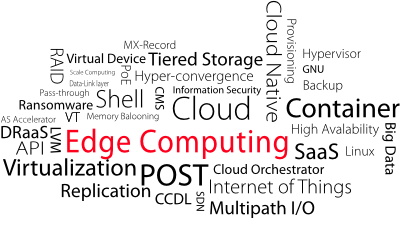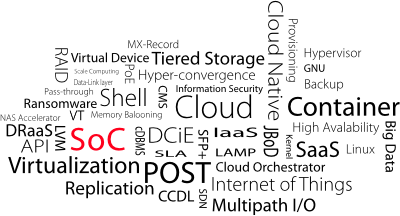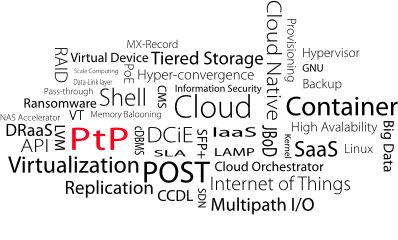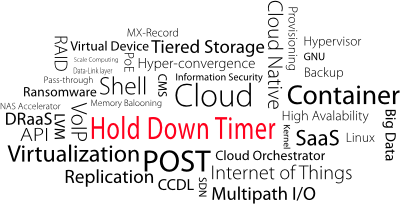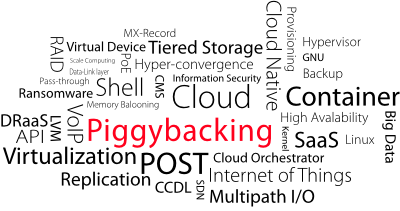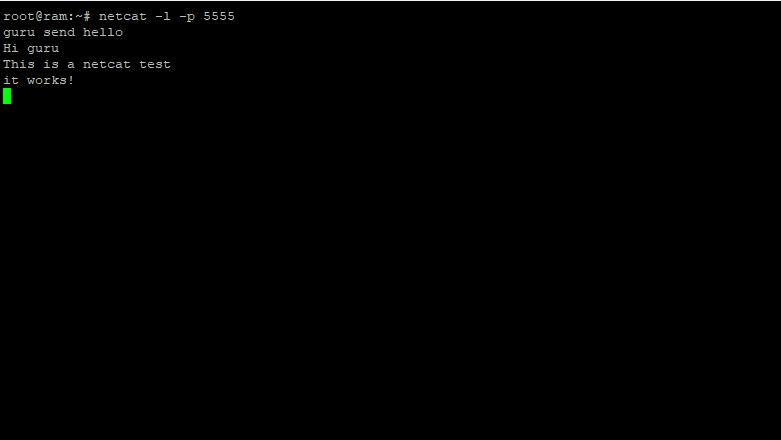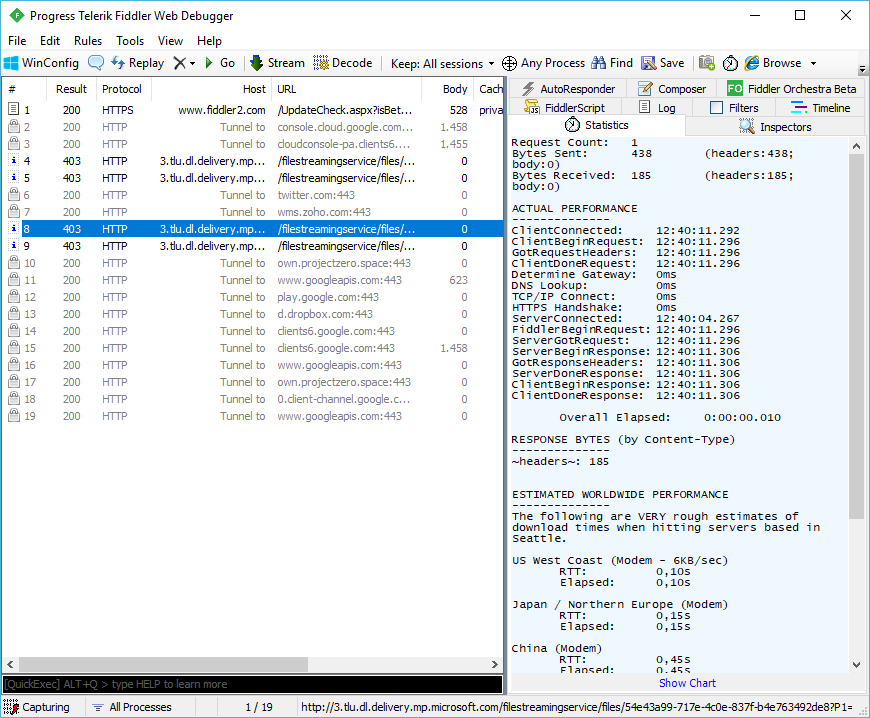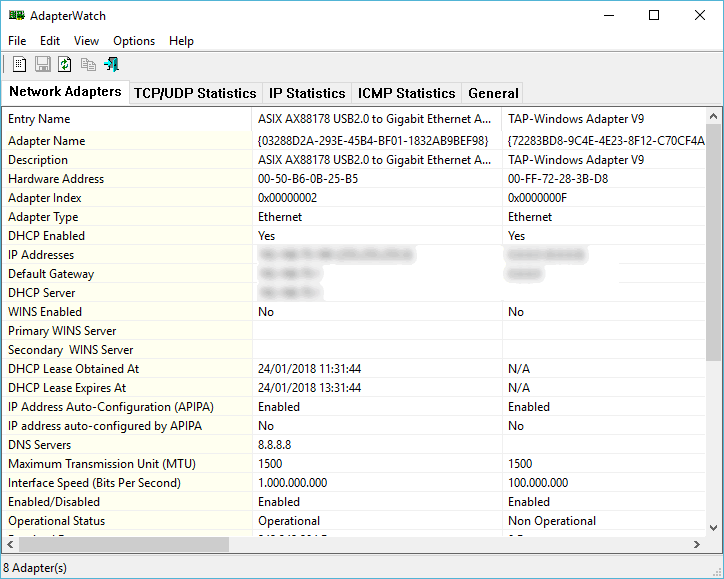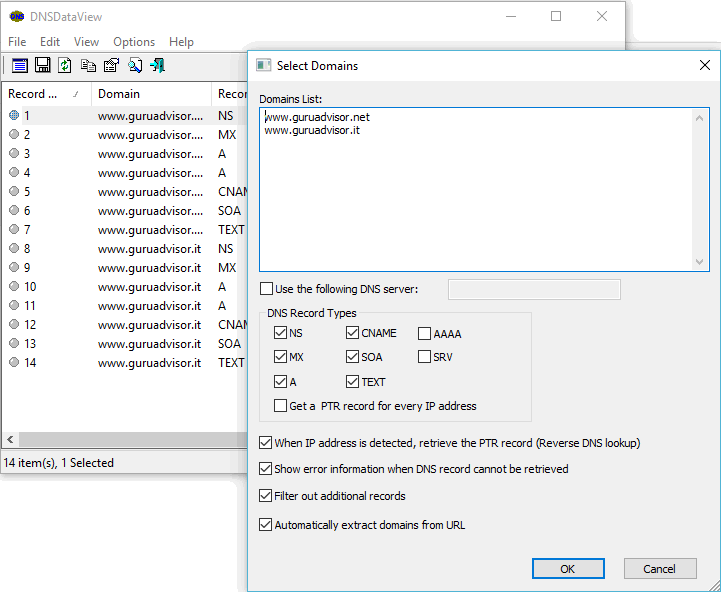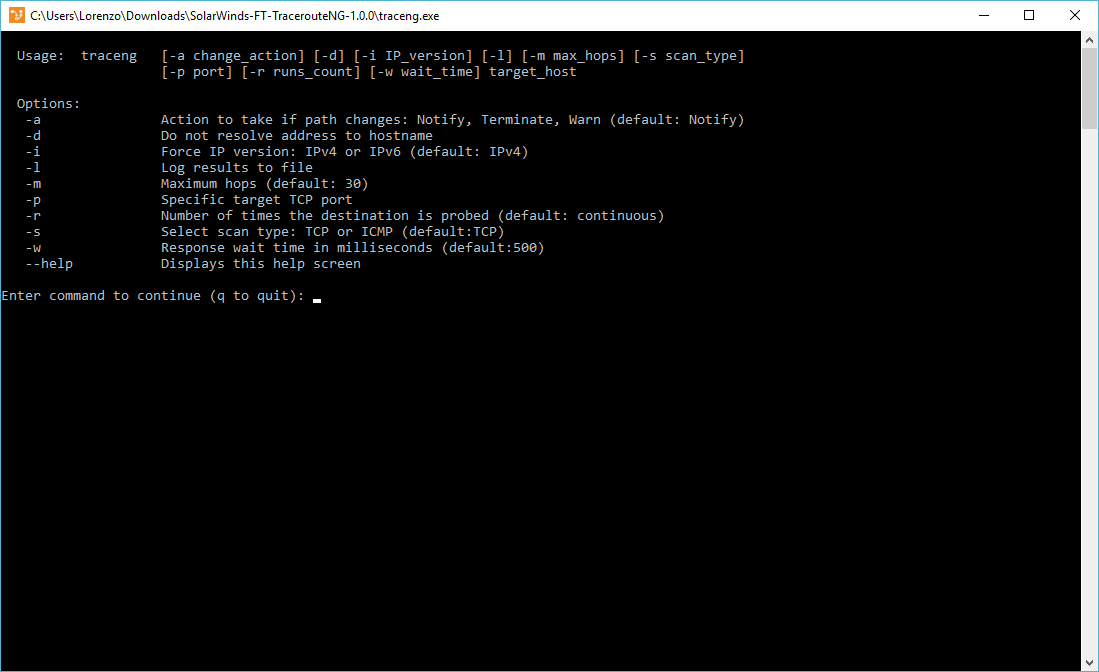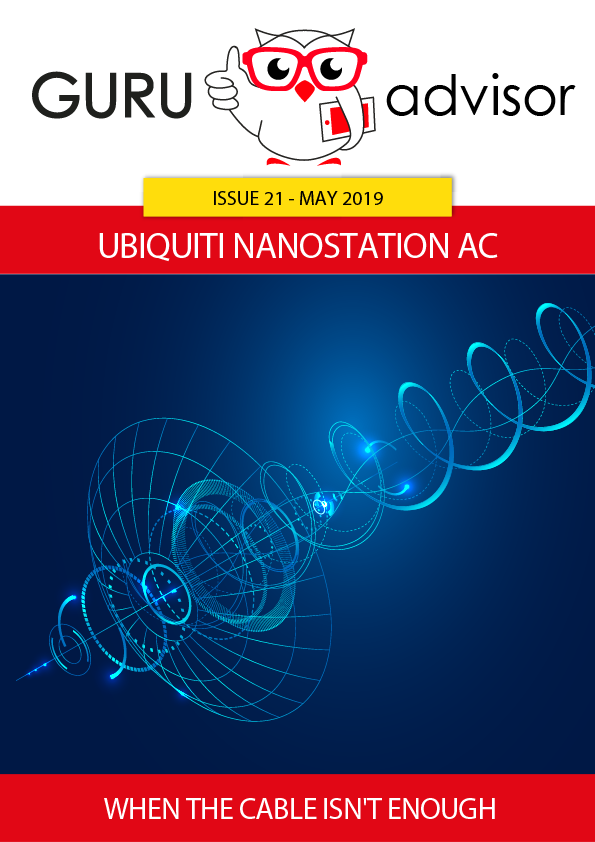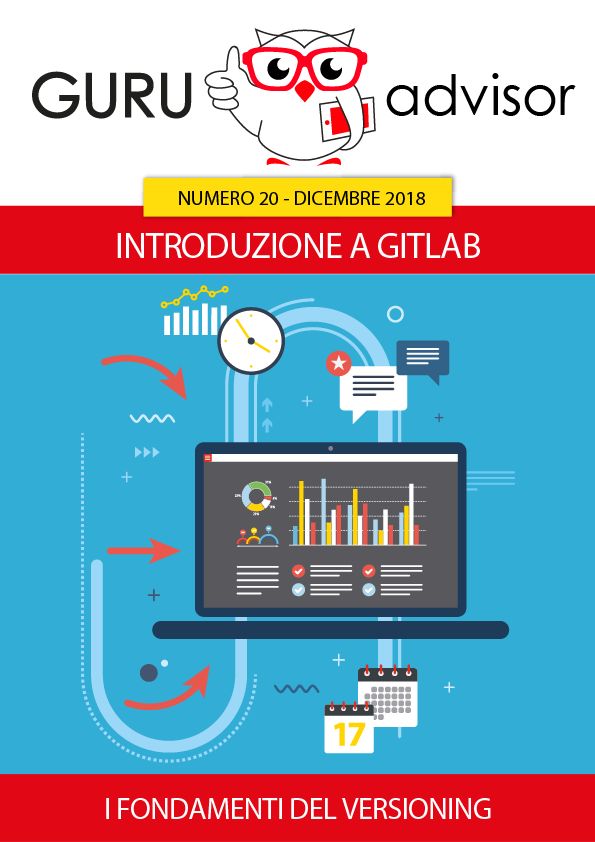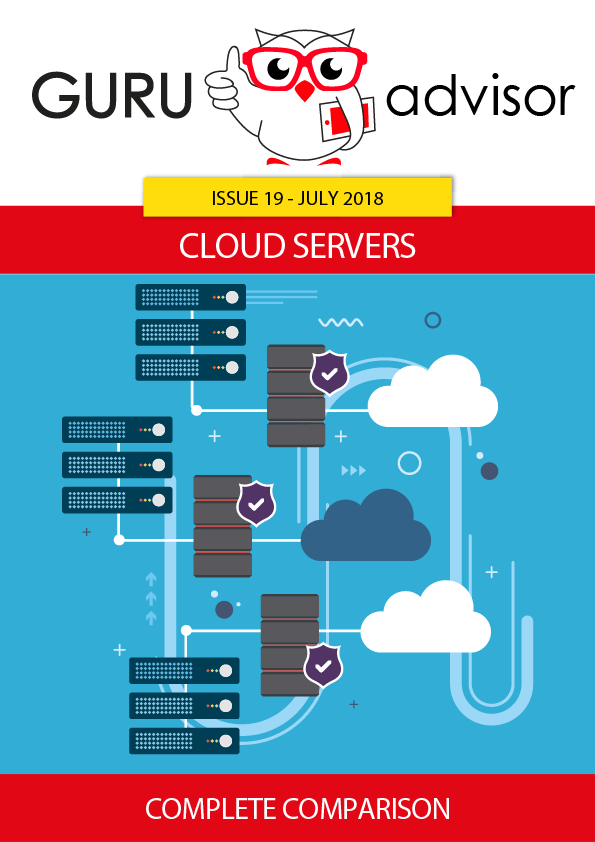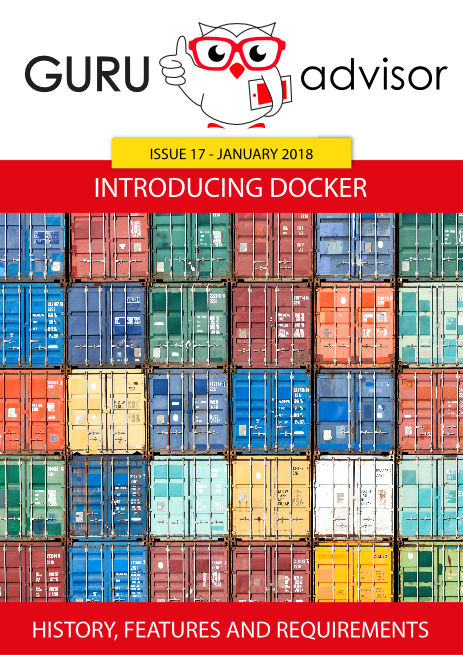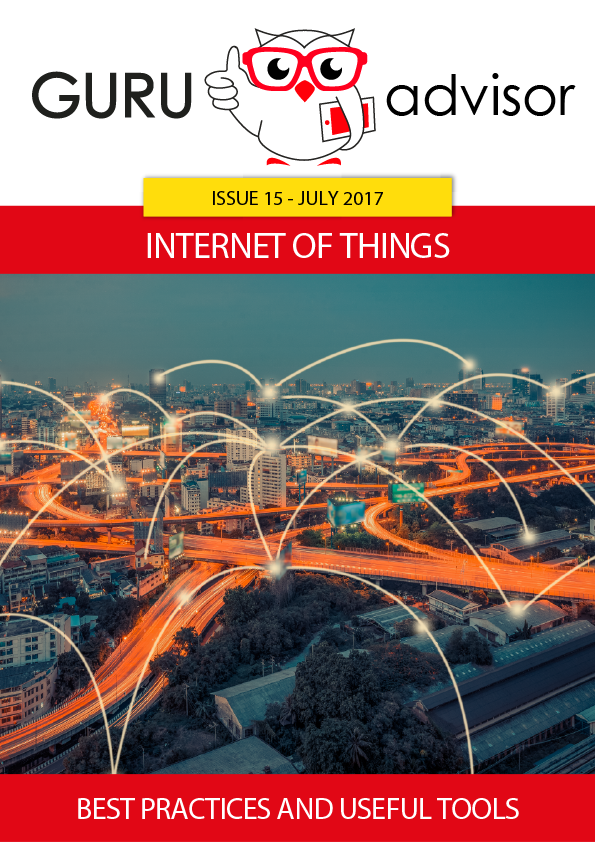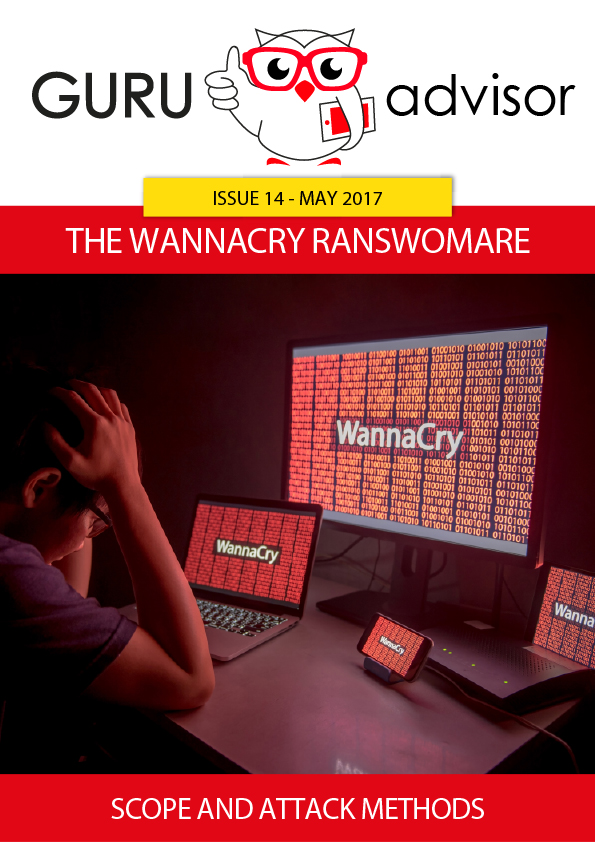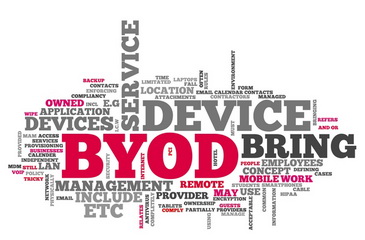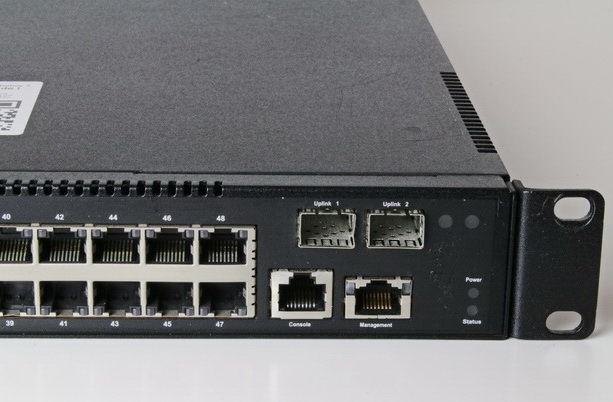Kontena joins the Open Container Initiative
Kontena joins the Open Container Initiative (OCI).
Kontena is an open-source solution that allows you to manage containers in production, in a manner similar to Kubernetes.
It includes capabilities of high-availability, affinity rules, health check, orchestration, on-demand volume creation, multi-host networking, multicast and hybrid cloud support, VPN access, Let's Encrypt secrets and certificates, role-based access control, load balancing, SSL termination, automatic scaling, support for Docker Compose, service discovery, monitoring and logging with support for FluentD and StatsD, CLI, shells and WebUI and stack and image register.
The Open Container Initiative is a project of the Linux Foundation launched in 2015 by Docker, CoreOS and other leaders in the container sector that aims to create open standards regarding container format and runtime. It includes members such as Docker, CoreOS, VMware, Red Hat, SUSE, Oracle, OpenStack, Intel, Mesosphere, Google, AWS and, indeed, Kontena.
Google Cloud: 96 vCPU instances and support for Windows containers
Google Cloud announces new instances with 96 vCPUs.
Instances can have up to 624GB of RAM and Intel Xeon Scalable Processors (Skylake) with the AVX-512 instruction set and are available in the us-central1, northamerica-northeast1, us-east1, us-west1, europe-west1, europe-west4, and asia-east1, asia-south1 and asia-southeast1.
Furthermore, support for Windows containers (available via Docker) is announced by means of optimized VM images.
New security tools in the AWS cloud
AWS improves the security of its Cloud with the introduction of new security systems.
Config Rules is the configuration rule management tool used by AWS Config to check and manage the configuration of security options of the used instances, quite useful in the case of multiple AWS accounts thanks to the data aggregation feature.
Secrets Manager is the tool that allows you to manage credentials, passwords and secrets through API or AWS-CLI, the command line tool to use AWS. The tool distributes the credentials through a dedicated Lambda function to the interested parties, thus eliminating the need to manually execute the task whenever there is a change (credentials rotation) and ensuring a better security in data transmission.
Private Certificate Authority is a new feature of the AWS Certificate Manager (ACM) certificate manager that allows ACM to behave as a subordinate Certificate Authority. A Private Certificate Authority is created to allow the request and revocation of ordinary private certificates.
EFS adds a function to encrypt data in transit by creating a TLS tunnel. EFS stands for the Amazon Elastic File System, the file system for Cloud applications that need shared access to file-based storage.
Firewall Manager is, as the name implies, designed to manage the firewall on multiple accounts, with a particular focus with AWS WAF and AWS Shield.
Finally, new features for S3 storage too: the One Zone class-IA Storage Class costs 20% less than the Standard-IA class since data is not replicated in another region to ensure geographic redundancy. S3 Select allows you to execute SQL queries to process data, with a fourfold performance improvement.
Microsoft expands in Europe and Oceania
Microsoft announces new data centers in Switzerland (Geneva and Zurich) and the United Arab Emirates (Abu Dhabi and Dubai), as well as adding Cloud regions to Germany. Microsoft Cloud is available in France for Microsoft Azure and Microsoft Office 365, Dynamics 365 will follow at the beginning of 2019.
Microsoft Cloud includes Azure, Office 365, and Dynamics 365, and is designed to deliver scalable, resilient, and highly available Cloud services for businesses.
Further new Cloud regions are announced in Australia and New Zealand, becoming the first (and currently unique) Cloud provider to offer data center services in these two countries.
Azure will be available through the data centers in Sydney, Melbourne and Canberra, with direct connectivity to Perth, Brisbane and Auckland.
Mesosphere releases DC/OS 1.11 and adds support to Kubernetes
Mesosphere announces version 1.11 of DC/OS, its hybrid cloud management platform based on Apache Mesos.
The most important news is the "Multi-region management" that allows you to manage cloud, datacenter and branch sites from a single dashboard, thus enabling the management of multiple cloud clusters (private and public).
The other changes concern security (secrets management with secrets in binary format and hierarchical ACL lists, metrics available in a format compatible with Prometheus) and support for Kubernetes, which is no longer present as beta but is production-ready.
Release notes are available at this address.
Apache Spark adds support to Kubernetes
The Apache Foundation released version 2.3.0 of Spark, the foundation's open source framework dedicated to big data computing and machine learning.
The new function allows, through a scheduler in the backend, to send jobs to a cluster managed by Kubernetes; the support is currently experimental and changes in behavioral terms of configurations, container images and entry-points are to be expected.
Further information is available in this Kubernetes blog post.
Crypto-currency mining is profitable: dedicated data centers are being planned
The crypto-currencies market in the last few months has had fluctuating trends, but it seems to offer profit opportunities for those who want to invest in the sector. So Hive Blockchain Technologies bought land in Norway to build a datacenter entirely dedicated to crypto-currencies mining activities. Hive is one of the world's leading mining companies. The property is located in Ballangen on an area of 0.64 km2, about 225km north of the Arctic Circle, in a cold climatic zone that is well suited to reduce the consumption derived from the cooling of the datacenter.
AWS announces a repository for Serverless applications
In recent times, the "serverless" theme has gained a serious momentum, and AWS announces a repository for Serverless applications.
The repository is conceived to make it easy to search, configure and deploy serverless applications and associated components on AWS; for users, it offers applications to manage machine learning, image management, IoT and generic tasks, while for developers, it is possible to publish their applications in a simple and easy way.
Microsoft releases Windows Server 2019 in Preview mode and adds Linux distros to WSL
Windows Server 2019 is available in preview mode to subscribers to the Insiders program. The release date is expected in the second half of 2018 with the same purchase procedures of Server 2016 (with an increase in CAL prices) and in Server with Desktop Experience and Server Core versions. New features are mostly about the areas of hybrid Cloud, security, applications (WSL and Kubernetes) and Hyper-converged infrastructures.
In addition to that, Microsoft released WSL-DistroLauncher, a tool that allows you to add Linux distros through Windows Subsystem for Linux (WSL) in an easier way, either by downloading or creating your own and then uploading them to the Microsoft Store.
Red Hat purchases CoreOS
Red Hat announces the purchase of CoreOS. CoreOS is an container and Cloud company that develops, among others, Tectonic, a platform that allows you to manage Kubernetes in production and in public and private cloud environments with support to the CoreOS Quay image registration service.
CoreOS is also active in open source with several projects donated to the Cloud Native Computing Foundation (CNCF) including Container Linux (a Linux distro specifically designed for containers), etcd (store key-value distributed for Kubernetes), rkt (a containerization similar to LXC and Docker) and above all Kubernetes.
The Red Hat offering has similar products: OpenShift, a production management system for Kubernetes similar to Tectonic, and Atomic Host, a version of RHEL designed for containers similar to Container Linux.
Linux Foundation releases ACRN, hypervisor for IoT devices
The Linux Foundation announces the ACRN project.
ACRN is the wannabe-reference opensource hypervisor designed for the development of embedded IoT devices, whose demand is growing, as the challenges in terms of security are. ACRN consists of a hypervisor for different guest operating systems (Linux, RTOS, Android or other) and a device model that manages the interactions with the underlying hardware.
The aim is to provide embedded IoT device developers with a secure platform to build their products upon. Partners include LG, Neusoft, Intel, Aptiv and Adlink. Reference slides are available at this address.






